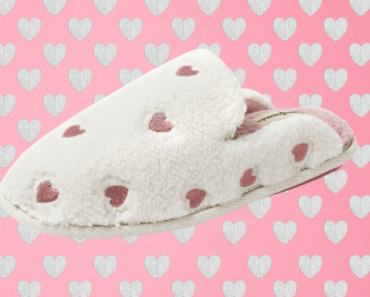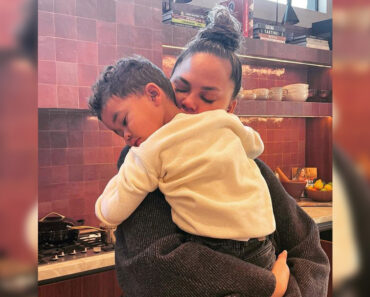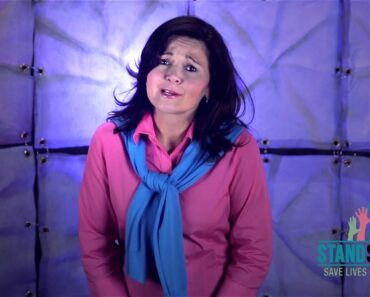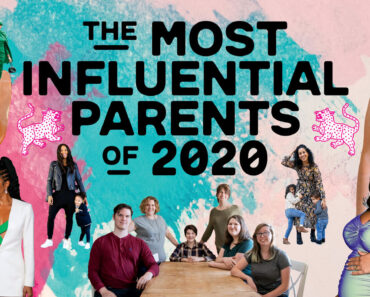The year my son Andrew turned nine, we spent our annual summer vacation at our family cottage in the Laurentians. Andrew and his younger sister, Ainsley, were excited to swim, pick blueberries and spend time with the rest of the family.
We went for a walk through the woods on our fourth morning there. What started as peaceful quickly turned concerning when Andrew erupted into non-stop repetitive behaviours upon our return to the cottage.
The first signs of OCD
He swept the floor with his hands for hours, flicked light switches on and off 14 times, and repeatedly touched our shoulders. We were mystified and alarmed – as was he.
Within days of our return home, Andrew’s behaviour escalated. He couldn’t wear socks unless he took them on and off 14 times. He couldn’t walk through doors without going back and forth for over 30 minutes. He started to gnaw at doors, rub his head against bushes and poles, and repeatedly tap his fingers until I wanted to scream.
I was concerned about Andrew’s behaviour for years and had expressed my concerns to our doctor. He repeatedly told me Andrew was a sensitive child, under “a bit of stress,” and I needed to calm down. Essentially, I was the problem and trusted him; after all, he was our medical professional.
Within a few weeks, things had only gotten worse. Andrew brought home glass shards and hoarded them under his bed. He licked the filthy subway floor and even put a knife in his mouth to feel it.
He knew these rituals made no sense, but his brain overrode reason and “forced” him to perform them to prevent irrational, terrifying thoughts from happening, like Ainsley getting kidnapped. Unfortunately, the rituals only stopped the thoughts temporarily, leading to an endless loop. He was miserable, and I was scared.

Jan Stewart
What is OCD?
I refused to back down. Our doctor finally referred us to a psychiatrist, who immediately diagnosed Andrew with Obsessive Compulsive Disorder (OCD).
OCD is often misunderstood. Andrew had a textbook case, with unwanted, intrusive thoughts and ideas (obsessions) driving him to engage in repetitive behaviours and rituals (compulsions) to eliminate the distressing thoughts.
Compulsions can include washing one’s hands for hours until they are raw and bleeding due to an obsessive fear of germs, counting, tapping or touching objects a set number of times to ward off the fear of hurting someone, placing things in order or continually asking for reassurance.
Some children grapple with unwanted sexual or religious thoughts, such as the fear of offending God. Unfortunately, the compulsions relieve the disturbing thoughts for only a short period, leading to an endless cycle of repetitive behaviours.
As I write in Hold on Tight, “It’s a mysterious disorder that consumes lives.”
Getting Andrew the help he needed
Andrew’s psychiatrist asked if he had had strep throat as a child since some children experience a sudden onset of OCD due to strep. These are called PANDAS – pediatric autoimmune neuropsychiatric disorders associated with streptococcal infections.
She also asked Andrew to give his OCD a name (he chose Howie, well before Howie Mandel came forward with his OCD) to try and separate himself from his disorder. She started him on a selective serotonin reuptake inhibitor (SSRI) anti-depressant often used for OCD that changes the brain circuits and chemistry.
Thankfully, after three months of adjustments and iterations, the medication worked. Andrew’s urges to perform rituals remained strong, but he was no longer beholden to them every minute. We – and he – began to have hope.
The medication also provided enough relief for Andrew to start therapy. Therapy gives the child strategies and tools to deal with disturbing thoughts and learn to resist engaging in rituals and compulsive behaviour. Some children do not need medications and can benefit solely from therapy, but many need both. I embrace medications and therapy as powerful partners as required.
I was delighted to find a clinical psychologist who specialized in OCD and practiced a type of cognitive behaviour therapy called Exposure and Response Prevention (ERP), which is often effective with OCD.
The treatment involves gradually exposing the child to their fears and helping them learn not to respond to the overwhelming urge to perform a compulsive ritual. He knew that while he couldn’t eliminate a disturbing thought, he could reduce his distress by letting his fears “wash over him” and not respond to them.

iStock
Involving the whole family in Andrew’s care
Andrew wasn’t the only one involved in his treatment. As a family, we had to learn not to enable his rituals. It could be frustrating when we had an appointment, but he couldn’t walk through the door. It would have been so much easier to push him out and hurry him up. I wanted to shriek. But we knew that enabling his OCD would block his treatment progress.
We also read everything we could about OCD and sought a local parent support group. There were none in Toronto then, so Andrew’s psychiatrist and I created one at SickKids Hospital. To this day, I find other parents of children with OCD so reaffirming and helpful to one another.
It was such a joy to watch Andrew learn to control his OCD rather than OCD controlling him. We knew this would be a lifelong struggle, but he has the tools to live a full life.
My hats off to all children fighting OCD and their families. Life throws all of us curveballs, but we can succeed with awareness, education and perseverance. Happy International OCD Awareness Week!
Note: This post is for educational purposes only and does not replace medical advice or treatment from your healthcare provider.
Author:
Jan Stewart is a highly regarded mental health, OCD and neurodiversity advocate. Her brutally honest memoir Hold on Tight: A Parent’s Journey Raising Children with Mental Illness describes her emotional roller coaster story parenting two children with multiple mental health and neurodevelopmental disorders.

































